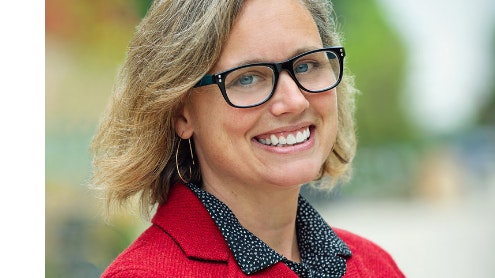Homepage
•
Learning Library
•
Blog
•
Liz Kolb: Ensuring Edtech Tools Add Value
Expand breadcrumbs
Expand breadcrumbs
- Learning Library
- Blog
- Liz Kolb: Ensuring Edtech Tools Add Value
- Homepage
- •
- Learning Library
- •
- Blog
- •
- Liz Kolb: Ensuring Edtech Tools Add Value
Liz Kolb: Ensuring Edtech Tools Add Value
By Jerry Fingal
January 1, 2021








